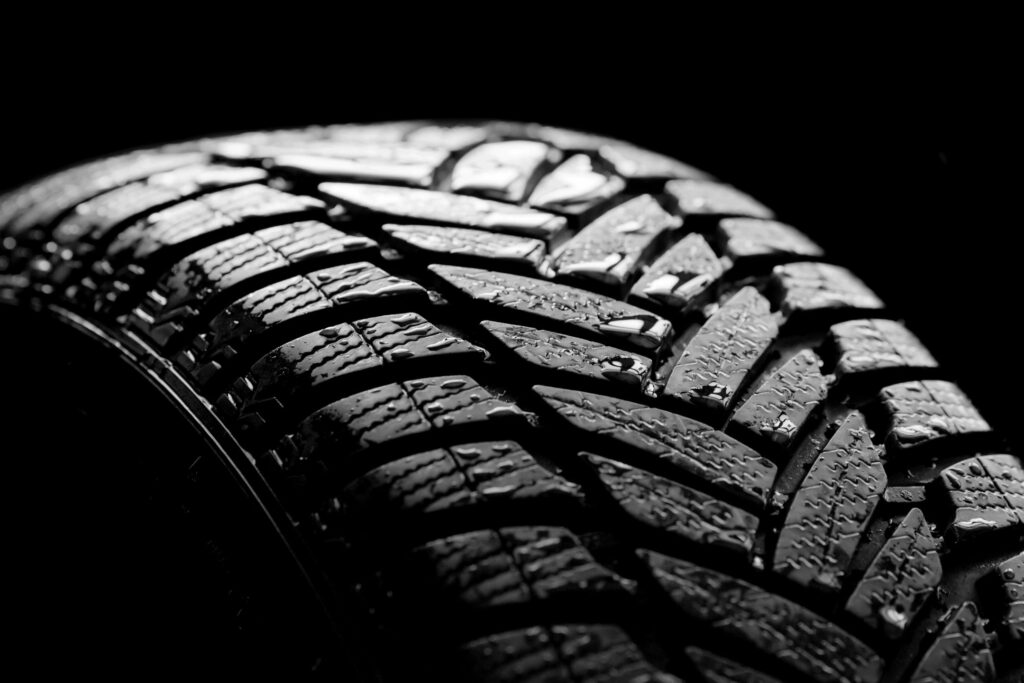DriveTime Automotive

Tires are one of the most crucial components of your
vehicle, yet they often get overlooked in routine maintenance. Without proper
tire care, your vehicle’s safety, fuel efficiency, and overall performance can
be compromised. Regular tire maintenance not only ensures that your car runs
smoothly but also extends the lifespan of your tires, helping you avoid costly
replacements. In this blog, we’ll discuss the importance of tire maintenance
and share essential tips to keep your tires in top condition.
1. Why Tire Maintenance Matters
Tires are the only part of your car that makes contact with
the road, which is why they play such a vital role in safety and performance.
Proper tire maintenance can help ensure that your vehicle handles well,
provides maximum traction, and delivers optimal fuel efficiency. Neglecting
tire care can lead to increased wear, poor handling, and even dangerous
situations on the road.
2. Check Tire Pressure Regularly
One of the simplest but most important aspects of tire
maintenance is checking the tire pressure. Under-inflated or over-inflated
tires can affect vehicle performance, cause uneven tire wear, and reduce fuel
efficiency. In addition, improperly inflated tires are more likely to blow out
or cause accidents. To ensure your tires are properly inflated, check the tire
pressure at least once a month and before long trips. The recommended pressure
can usually be found in your vehicle’s owner manual or on the tire placard
located inside the driver’s side door.
3. Rotate Your Tires
Tire rotation is essential for ensuring even wear on all
four tires. Due to the way vehicles are built, the front tires often wear out
faster than the rear tires, especially in front-wheel-drive vehicles. Regular
tire rotations (every 6,000 to 8,000 miles) help distribute the wear evenly,
extending the life of your tires and improving vehicle handling. Tire rotation
is typically done during routine oil changes or vehicle inspections, so it’s a
simple maintenance task that can save you money in the long run.
4. Inspect Your Tires for Damage
Regularly inspecting your tires for signs of damage is key
to preventing issues before they become serious. Look for things like cuts,
punctures, cracks, or bulges in the sidewalls, as these can lead to tire
blowouts or reduced performance. Also, check the tread depth—if the tread is
worn down too much, it can affect traction, especially in wet or slippery
conditions. If you notice any of these signs, it’s important to replace your
tires immediately to ensure your safety on the road.
5. Balance Your Tires
Tire balancing ensures that your tires wear evenly and helps
maintain smooth handling and driving comfort. Imbalanced tires can cause
vibrations and uneven wear, and over time, they can affect your vehicle’s
suspension system. Have your tires balanced regularly—especially if you notice
vibration while driving. A tire technician can balance your tires as part of a
routine inspection or when you get new tires installed.
6. Align Your Wheels
Wheel alignment plays a crucial role in tire maintenance.
When your wheels are misaligned, your tires may wear unevenly, which can reduce
their lifespan and negatively impact your vehicle’s handling. If you notice
your vehicle pulling to one side or your steering wheel vibrating, it may be
time to have the alignment checked. Regular wheel alignments (typically every
1-2 years or when you notice issues) can prevent tire wear and improve vehicle
performance.
7. Replace Tires When Necessary
Even with regular maintenance, tires don’t last forever.
Over time, tires lose their grip, become worn down, or develop issues that
can’t be repaired. It’s essential to replace your tires when necessary to
maintain safety on the road. Keep an eye on the tread depth and overall
condition of your tires. If the tread is below 2/32 of an inch, it’s time to
replace them. Additionally, check the age of your tires—most manufacturers
recommend replacing tires every 6 years, even if they appear to be in good condition.
8. Seasonal Tire Maintenance
Changing your tires with the seasons can be an essential
part of tire maintenance. In areas with harsh winters, switching to winter
tires provides better traction on snow and ice. Similarly, summer tires are
better suited for warmer conditions, offering enhanced performance. Even if you
live in a region with milder climates, seasonal tire checks are a good habit to
adopt to ensure your tires are suitable for current road conditions.
Conclusion
Regular tire maintenance is essential for ensuring that your
vehicle operates safely and efficiently. Properly inflated tires, tire
rotations, inspections, and alignments not only extend the life of your tires
but also improve your car’s handling and fuel efficiency. By taking good care
of your tires, you can avoid dangerous situations, reduce long-term costs, and
enjoy a safer driving experience.
At DriveTime Automotive, we offer a wide range of tire
services, including tire rotation, balancing, alignment, and inspections. Our
team of experts is here to ensure that your tires are in optimal condition for
the road. Schedule your next tire maintenance appointment with us today!
Listing statistics for: